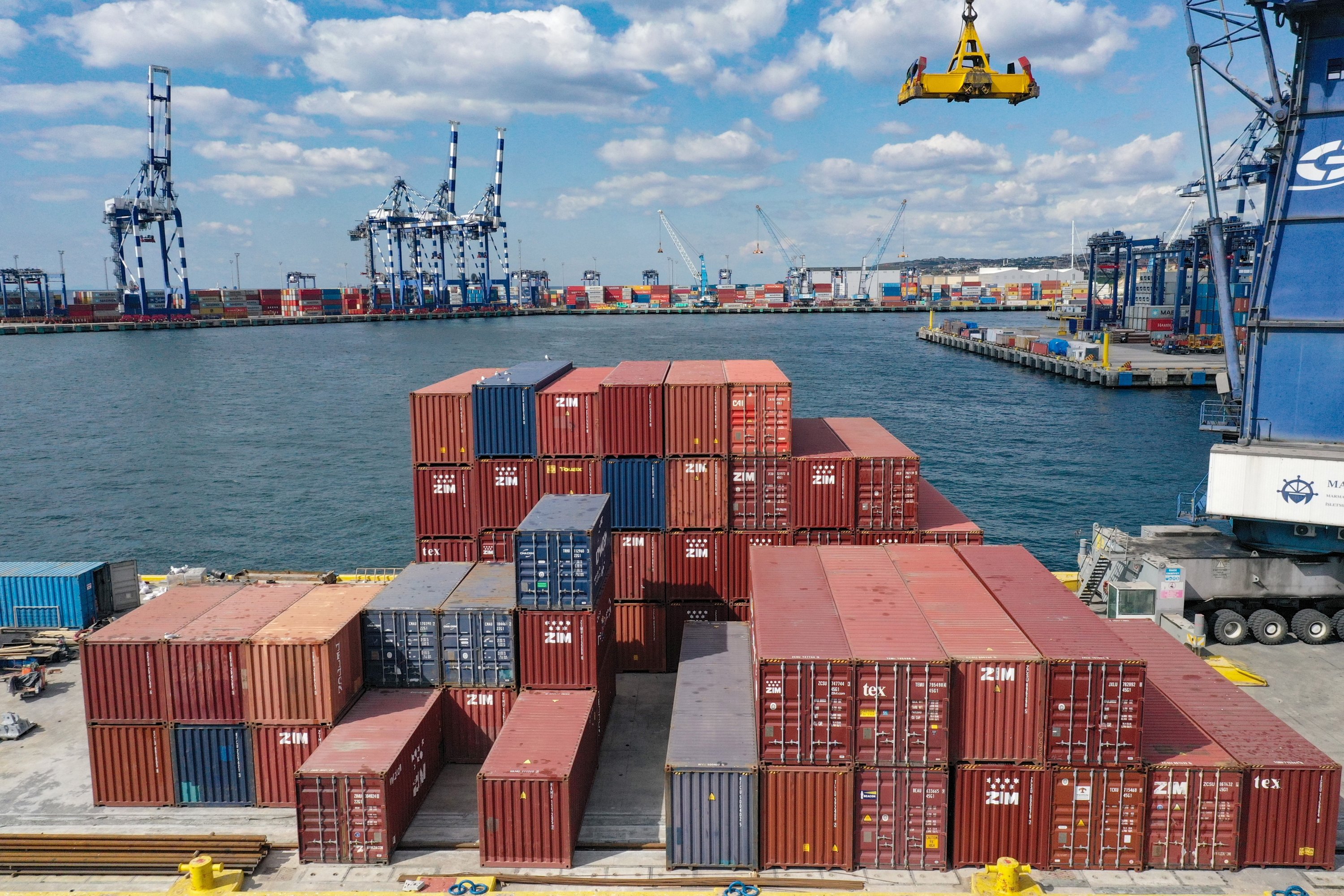Turkey's trade deficit grew by 298% in September, compared to the same month last year, to hit $10.38 billion, the Turkish Ministry of Trade announced Tuesday on Twitter.
The surge in trade deficit comes amid an increase in the costs of energy imports, fueled by the Russia-Ukraine war. Exports also increased by 9.2% year on year to $22.6 billion in September. Similarly, imports increased by 41.5% to $33 billion.
Energy imports constituted around a third of total imports in the first nine months of the year, Trade Minister Mehmet Mus said in a speech.
The deficit has declined compared to last month when it recorded $11.2 billion. The January-August shortfall was at $73.4 billion, an increase of 146% compared to the same period last year.
Germany was Turkey's top export destination in September, followed by the United States, and then Iraq, according to a tweet by the Turkish Trade Minister.
The outlook for trade balance has worsened for Turkey and energy importing countries since Russia initiated a war on Ukraine in February, sending energy and food prices to unprecedented levels.
The increase in prices has led central banks in most major economies to hike their interest rates in a bid to tame soaring inflation. Turkey on the other hand, has introduced several rate cuts, in an unorthodox move that fueled the inflation even further and undermined the currency.
Turkish inflation edged up to 83.4% in September, marking a new 24-year high. This was the highest annual inflation since July 1998, when it was at 85.3%. The transportation group saw the highest increase in prices reaching 117.6%, while the food and beverages group saw an increase of 93%.
Higher consumer prices and a devalued currency led the Turkish government to increase the minimum wage of its working citizens twice since the beginning of 2022.










